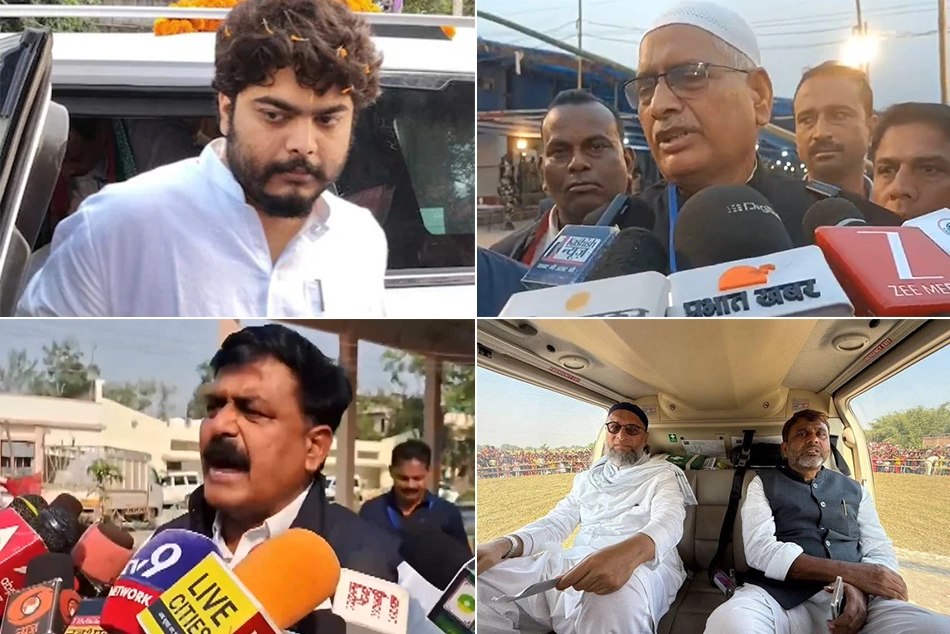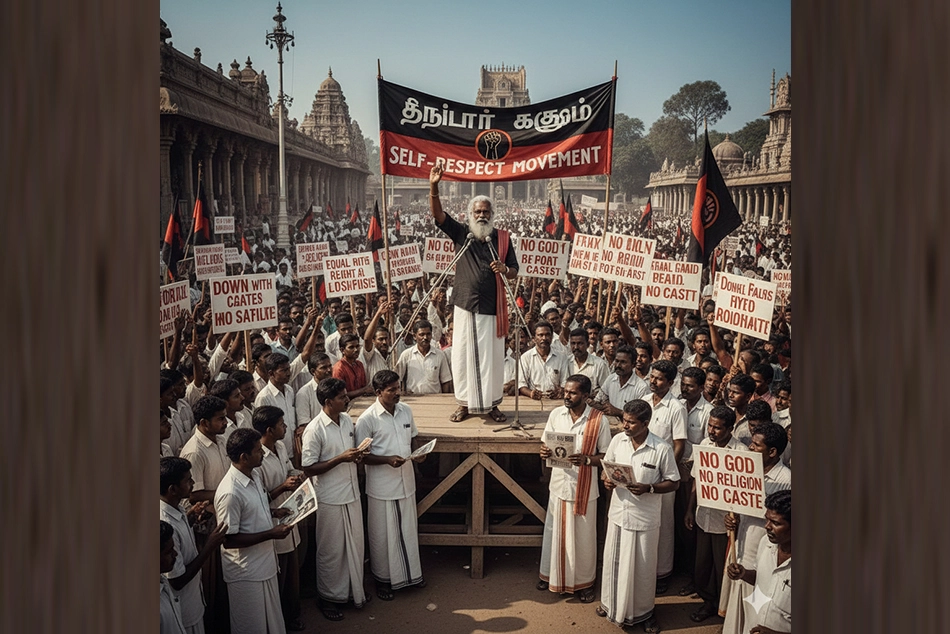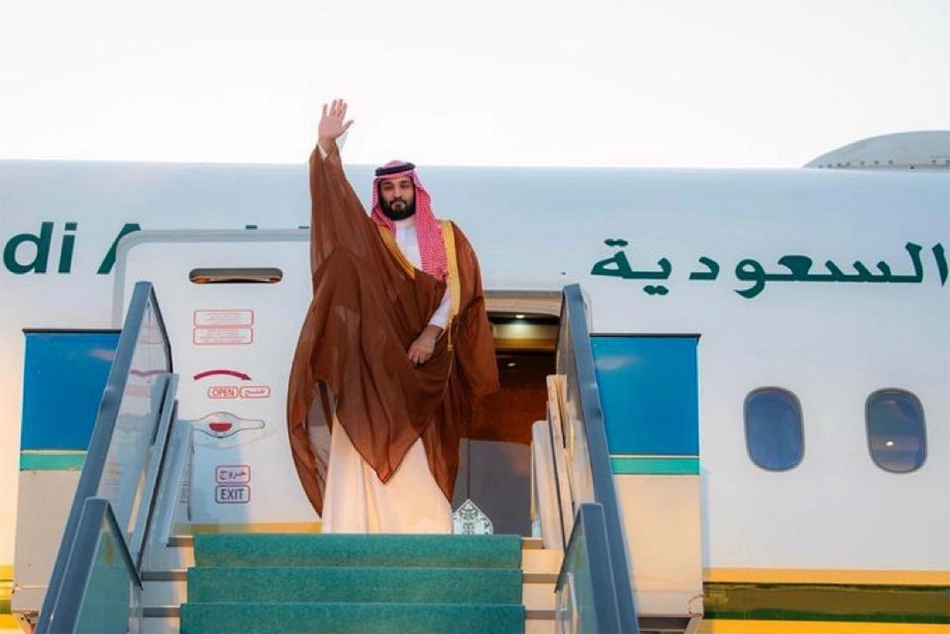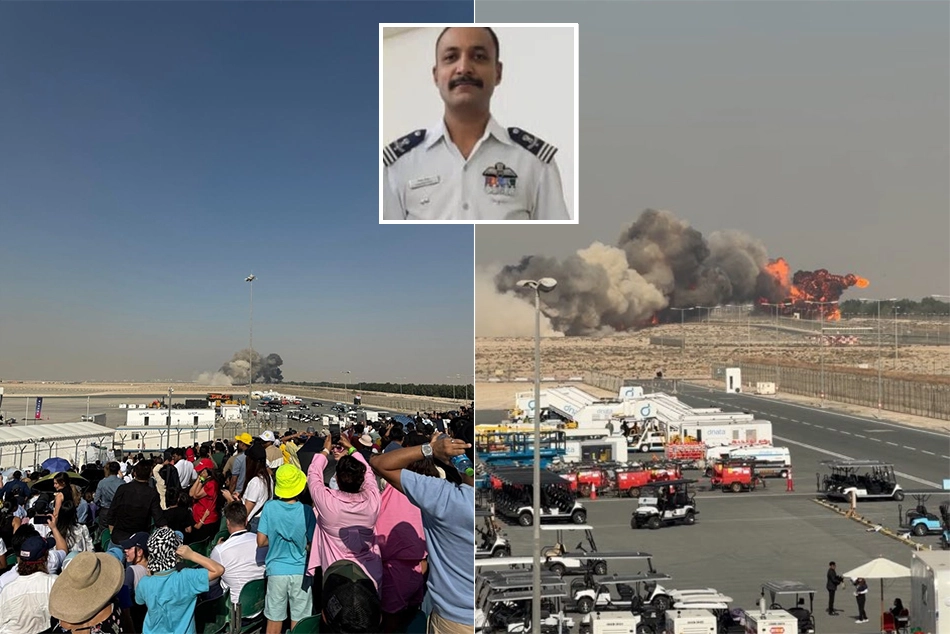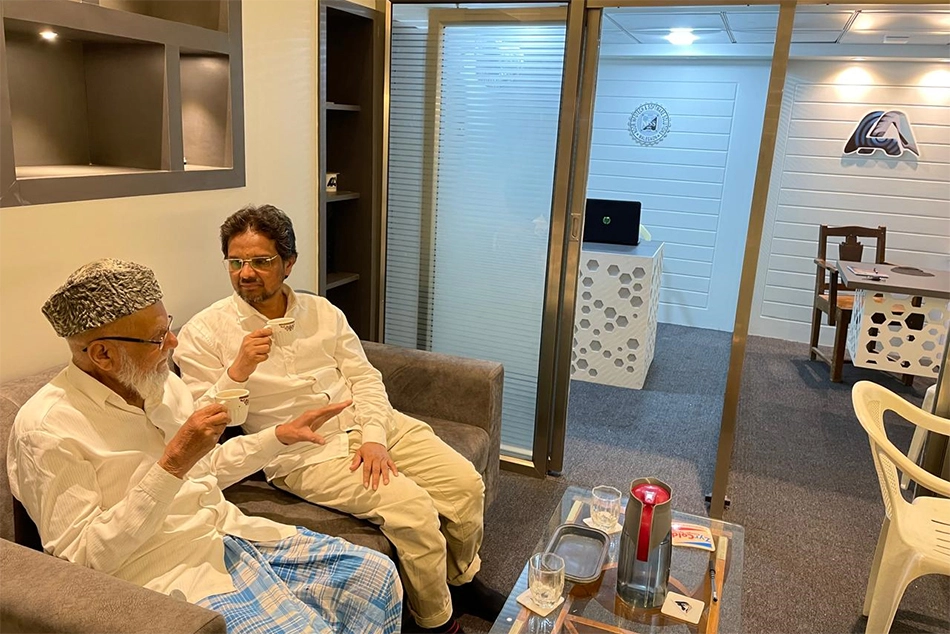
Muhammad Ali Jauhar: Freedom Hero who is remembered more by Palestine than by India
Born 10 December 1878 in Rampur and educated at Aligarh and Oxford, Muhammad Ali Jauhar belonged to the first generation of modern Indian political thinkers shaped simultaneously by Islamic reform, English liberalism and anti-colonial nationalism
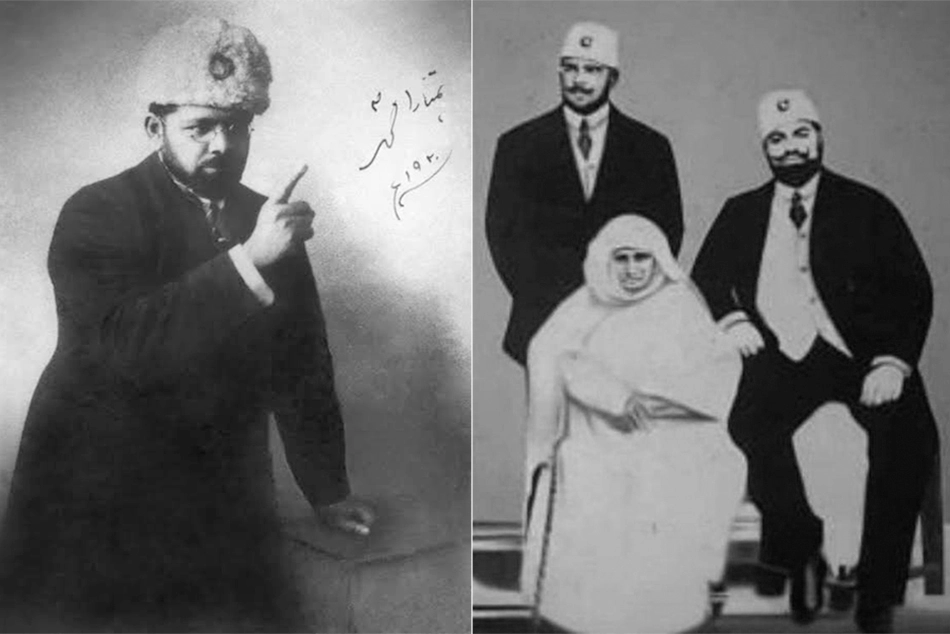
[Maulana Mohammad Ali Jauhar, Maulana Shaukat Ali with their mother]
Maulana Mohammad Ali Jauhar (1878–1931), was not a footnote in the Indian freedom struggle — he was a headline. Few leaders of the national movement commanded such fear in the British Empire, such devotion among India’s masses, and such moral authority across continents. Yet, paradoxically, few have been so thoroughly forgotten by the nation they helped free.
Born 10 December 1878 in Rampur and educated at Aligarh and Oxford, Jauhar belonged to the first generation of modern Indian political thinkers shaped simultaneously by Islamic reform, English liberalism and anti-colonial nationalism. He was a gifted journalist, razor-sharp orator and uncompromising patriot whose pen and voice electrified Indians from all communities.
A Journalist Who Shook the Empire
Jauhar was the first Indian to establish a quality English political weekly from the Indian soil. His newspapers Comrade (in English) and Hamdard (Urdu) became the intellectual artillery of the national movement. He attacked imperial injustices with such courage that the British banned Comrade within four years of its launch.
Lord Minto once remarked that there was “no more dangerous pen in India” than that of Muhammad Ali Jauhar. Through journalism, he connected Indian Muslims to global anti-colonial struggles — from the Ottoman Empire to Egypt, while also fiercely advocating Hindu–Muslim unity. His writings laid the early ideological foundations for composite nationalism.
Political Leadership and the Early Call for ‘Quit India’
Maulana Jauhar was among the front-ranking leaders of the Indian National Congress. Elected President of the Kakinada Session in 1923, he used the platform to argue that India’s freedom could not be divided by community or creed—it had to be fought for jointly.
It was he, not the Congress of 1942, who first coined and popularised the slogan “Quit India” in the 1920s—two decades before the official Quit India Movement. His speeches, delivered in packed maidan gatherings across India, were fiery indictments of the Raj and bold appeals for complete swaraj.
Architect of the Khilafat–Non-Cooperation Alliance
Maulana Jauhar’s most transformative contribution came through the Khilafat Movement (1919–1924). Along with his brother, Maulana Shaukat Ali, he mobilised lakhs of Indian Muslims into active satyagraha. For the first time, these masses marched shoulder-to-shoulder with Mahatma Gandhi’s national movement.
This Hindu–Muslim unity was a nightmare for the British. It produced the largest non-violent mobilisation India had ever seen before 1920. The Ali brothers became household names, symbols of resistance, and heroes of the oppressed world.
A Life of Sacrifice and Imprisonment
Between 1907 and 1930, Jauhar was jailed six times, spending over eight years in prison. His health broke repeatedly, but his resolve never did.
When Gandhi signed the Gandhi–Irwin Pact in 1931, Jauhar bitterly remarked that the struggle was far from over and that compromises weakened the nation’s soul.
The First Round Table Conference and a Broken Heart
In 1930, he was chosen as a delegate to the First Round Table Conference in London. Despite his frailty, he arrived with hope that India would finally receive attention. Instead, he witnessed evasion, half-promises and colonial cynicism. He felt betrayed—not personally, but on behalf of India.
On 4 January 1931, at the age of 52, he died in London, worn down by illness and disillusionment. His dying whisper to his doctor was among the most heartbreaking lines in the history of India’s freedom struggle:
“India is not free yet. I do not want my body to lie in an occupied country.”
He asked to be buried in the sacred soil of Jerusalem—then under British occupation but spiritually uncolonised.
A Funeral That Shook Palestine
His brother, Shaukat Ali, fulfilled that wish. The coffin was shipped from London to Suez and then transported to Jaffa.
On 22–23 January 1931, one of the largest funeral processions in Palestine’s history took place. Tens of thousands lined the road from Jaffa to Jerusalem. The British tried to stop it; the people refused.
The Grand Mufti of Jerusalem, Haj Amin al-Husseini, led the prayer.
Shaukat Ali personally lowered the body into the grave at the historic Nabi Musa Complex, 20 km east of Jerusalem. A simple inscription was placed on the marble slab:
Here lies Muhammad Ali Jauhar,
Son of India, lover of Palestine.
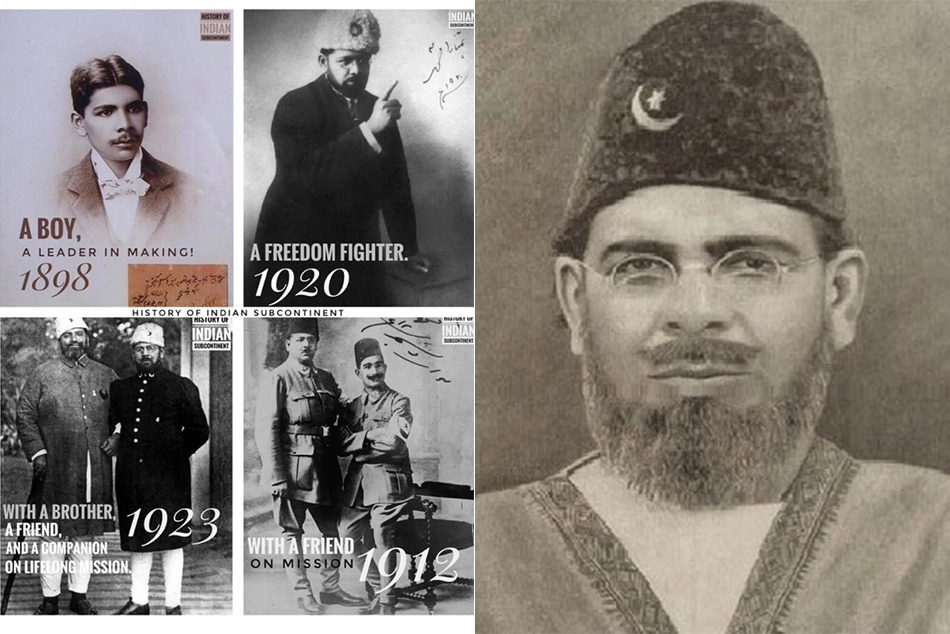
Ninety-Four Years of Silence
From 1931 to 2025—94 years, India has forgotten the grave of one of its bravest sons.
Not one Indian Prime Minister has visited the tomb.
Not Nehru, not Indira Gandhi, not Rajiv Gandhi, not Vajpayee, not Narasimha Rao, not Manmohan Singh, not Narendra Modi.
Not one Indian president.
Not Rajendra Prasad, not Zakir Husain, not Abdul Kalam, not Pranab Mukherjee, not Droupadi Murmu.
Not a single Congress or BJP president.
Not Sonia or Rahul Gandhi.
Not Asaduddin Owaisi.
Not a single chief minister from Uttar Pradesh, the state that proudly claims Jauhar as its son.
Not even the institutions closest to his legacy.
Aligarh Muslim University—never sent an official delegation.
Jamia Millia Islamia, founded by the Ali brothers, never sent a Vice-Chancellor or delegation of students.
No wreath.
No delegation.
No two-minute silence on his death anniversary.
Not even a ceremonial mention in official speeches.
Remembered More by Palestine than by India
Yet the grave survives. Palestinian caretakers sweep it every week. On Indian Independence Day, neighbourhood children place roses on the tomb because their elders taught them:
“This is the Indian who loved us.”
In 2021, after storms damaged the site, Palestinians crowdfunded its restoration. They—not India—protected the memory of Muhammad Ali Jauhar.
Why India Must Remember Jauhar Today
Maulana Mohammad Ali Jauhar embodies the inclusive, resolute, morally courageous nationalism that defined India’s finest hour. He stood for:
- Hindu–Muslim unity
- Global anti-colonial solidarity
- Freedom through moral courage
- Journalism as a weapon of truth
- A nation above narrow identities
His life is a reminder that India’s freedom struggle was plural, diverse and powered by voices that refused to bend.
Remembering Jauhar is not merely an act of historical correction. It is a reaffirmation of the values that made India’s independence possible—and the values required to preserve it. Ninety-four years after his death, perhaps the time has come for free India to finally walk those 30 minutes from Jerusalem to Nabi Musa.
Not just with an official visit, but with gratitude.
[The writer, Dr Syed Mohammad Raghib, has PhD from School of International Studies, Jawaharlal Nehru University, New Delhi.]
Follow ummid.com WhatsApp Channel for all the latest updates.
Select Language to Translate in Urdu, Hindi, Marathi or Arabic
